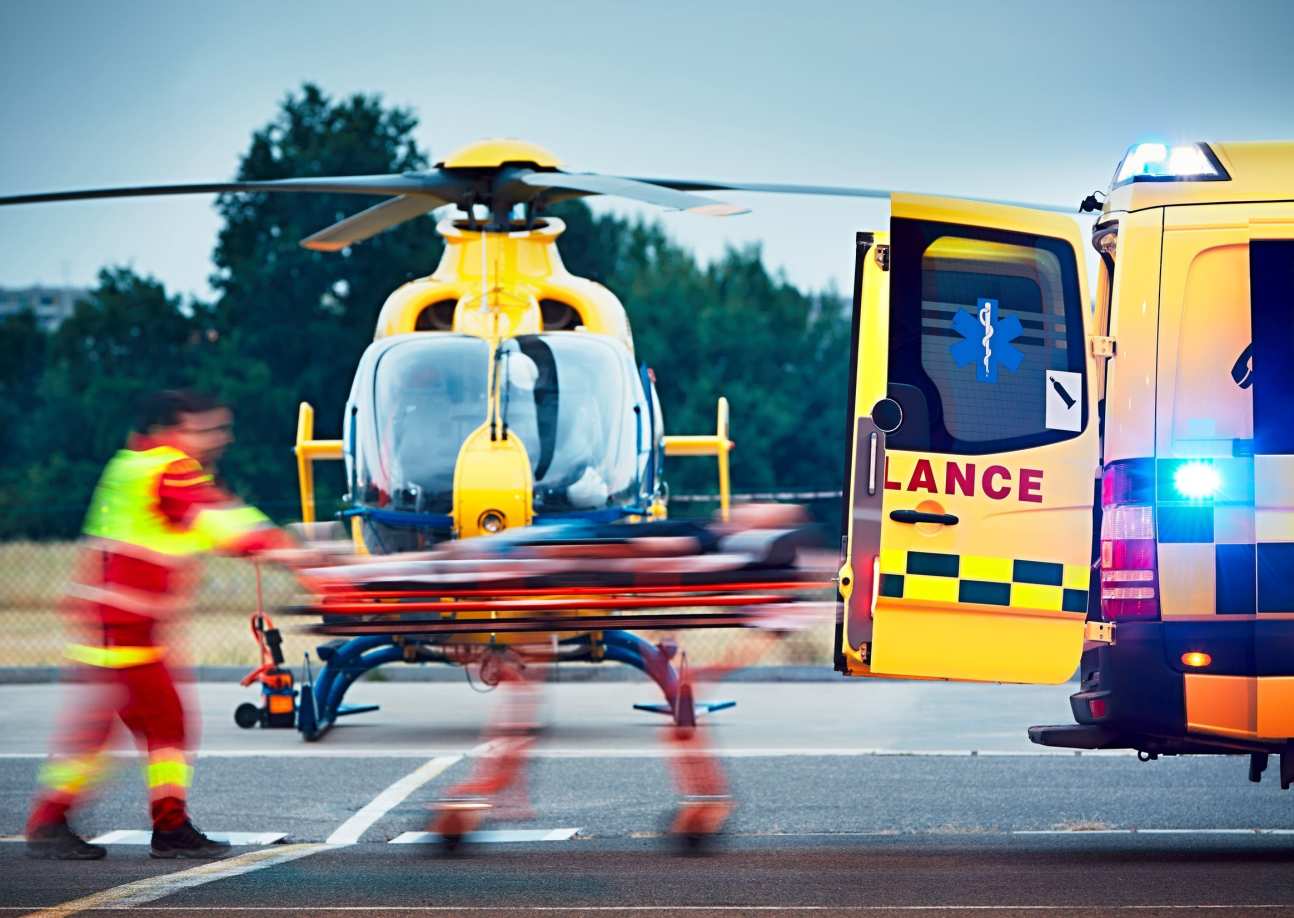Links to Off site contact record form
Search under the Risk assessment forms tab for more forms
OWERP- Relevant sections to be completed under the following circumstances:
⦁ ALL high risk offsite work (either activities and/or locations).
⦁ As part of the FW1 documentation.
⦁ Where Faculty Policy requires it.
⦁ Any trip where the PI/person in charge has determined by risk assessment that there is a need for more detailed planning.
The level and depth of emergency planning required will relate directly to the level of risk associated with the offsite work. The emergency plan should be in place before the offsite work begins. The competency of individuals involved is also relevant to the level of detail necessary.
The emergency plan should, where relevant, cover the following:

⦁ Available support.
⦁ Missing person’s procedure.
⦁ Methods for contacting next of kin.
⦁ Civil unrest and natural disasters.
⦁ Medical emergencies and repatriation (to include preferred destination).
⦁ Financial plan for emergencies.
⦁ Communication strategy.
⦁ Media management plan.
⦁ Evacuation and escape routes.
Flowchart: Field Emergency Guide
- The PI and all offsite and offsite work leaders, supervisors, PIC’s, team members, UK based support and involved third parties must be aware of the groups procedures to be followed in the event of an accident or incident to a member of staff or a participant.
- There must be a means of summoning help in an emergency. For remote locations, it may be necessary to have a personal location beacon or satellite phone.
- The PI/offsite work leader/PIC should obtain information on local health care facilities. If additional emergency assistance provision is to be relied upon, contact and implementation details must be included in the emergency response plan.
- The PI must ensure that information and specialist training for offsite work leaders and first aiders is provided, especially where it is known that participants have particular health needs. For example, if a participant is known to be vulnerable to anaphylactic shock, instruction will be needed in relation to suitable treatment.
- Where external organisations, including partner institutions or third party providers, have roles or responsibilities in the emergency plan, they must be briefed.
- Having to deal with a medical emergency is a possibility, which must be considered for all offsite work including scholarly visits, hosted work, and independent offsite work. Considerations include the duration of the work, the remoteness of the destination, fitness of participants, access to hospital facilities and standards of health care available in the country.
Actions

- Complete the College offsite work risk assessment process paying particular attention to emergency response.
- Complete the OWERP
- Check the group’s capacity to obtain emergency funds and consider the provision of an institutional credit card.
- Check that you have your family or spouse contact details. While not an official means of contact if something goes wrong such as a well-publicised natural disaster, and you are in no immediate danger invariably your first call will to reassure your loved ones.
- Nominate an ICL based “home” contact, preferably from the same Section / Department and known to the offsite / fieldwork team, who is contactable for advice. This is typically the PI, the Departmental Offsite work coordinator, or the Faculty / Dept Safety Officer depending on local arrangements.
- Establish a system of check in times for the offsite worker with the home contact and decide what actions are to be taken if a check in is missed.
- Establish a system for dealing with a missing person.
- The ICL home contact arrangement can be supplemented by use of existing ICL emergency response procedures. For example, the College Security emergency number 0207 589 1000
- Contact Royal & Sun Alliance (RSA) +44 (0) 208 608 4100 Policy number: RTT30625
- Where appropriate nominate a local contact who will be able to provide immediate emergency assistance. Details of the ICL home contact should be shared with the local contact.
- Emergency procedures should link to existing Imperial College procedures as far as possible e.g. College Security, escalation of actions via the academic route.
- Give all offsite/fieldworkers clear documented information on the location and identity of medical and first aid providers.
- Provide a copy of the incident and emergency plan to all participants. Where the participant is under 18 years of age or a vulnerable adult, this information must also be provided to the participant’s parent or responsible adult.
- Following an incident or emergency the offsite/fieldwork leader should ensure that those engaged in the offsite activity are supported, for the duration of the work and on their return to Imperial College. This support should involve advice from Occupational Health.
- Provide a list of emergency contact numbers for all offsite workers.
- Where necessary, take standard travel first aid packs as part of the offsite/fieldwork equipment. Additional items should also be taken based on the findings of the risk assessment. When putting together these packs consideration must be given to any airport or host country security restrictions e.g. banned substances (opiate pain killers etc.)
- Lastly put in place a system so that any lessons to be learned, and necessary improvements following any emergency, can be shared throughout the Section, department and institution if appropriate.